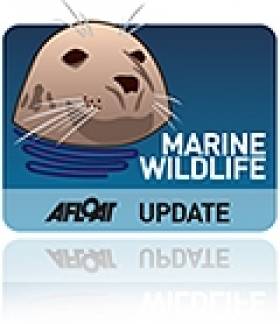Displaying items by tag: Celtic Ross Hotel
Places Available on IWDG Whale Watch Weekends
The Irish Whale and Dolphin Group (IWDG) is offering a limited number of places to non-members on its two upcoming autumn/winter whale-watching weekends in Co Cork.
The weekends, based at the Celtic Ross Hotel in Rosscarbery, are geared towards sightings of larger marine wildlife – specifically fin and humpback whales, which are commonly sighted in West Cork between October and December.
Two weekends are scheduled, on 28-30 Octover and 25-27 November, and both will include presentations as well as plenty of whale-watching opportunities on land and at sea.
The IWDG has also negotiated a special weekend rate of €120 at the Celtic Ross Hotel which includes two nights' B&B, an evening meal and a packed lunch.
The weekends are being booked in succession, both limited to 12 bookings, with seven places currently remaining for the first weekend. The IWDG warns that the trips are not suited to anyone in poor health or prone to sea-sickness, and that as always whale spottings cannot be guaranteed.
Anyone interested in attending or wishing to enquire further can contact Pádraig Whooley at [email protected] or 023 8838761, or write to the IWDG, Dereen, Rossmore, Clonakilty, Co Cork.
























































